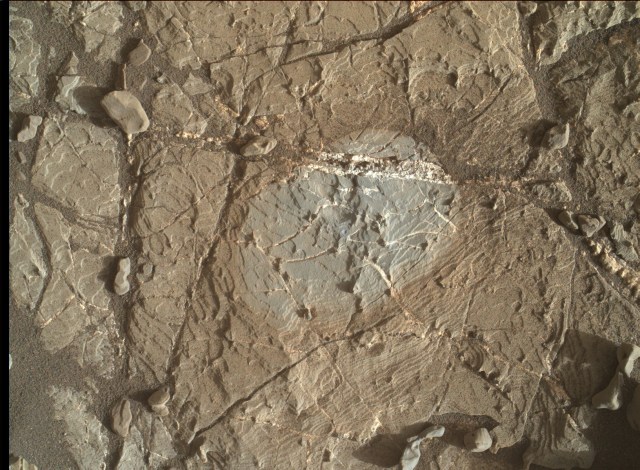
Story of theHomo sapiens It is a long-running epic that spans hundreds of thousands of years. Schematically, this species was born in Africa about 300,000 years ago before spreading more or less quickly until it conquered the world. Among the main phases of this epic, many of them still retain a bit of mystery, in particular the exodus that led our ancestors into Eurasia. In order to better understand this migration and trace its impact on human evolution, Alan Cooper’s team, from the University of Adelaide, Australia, studied data from several genomes dated from 1,000 to 45,000 years ago, and from several regions. The researchers identified 57 regions that were subject to strong selection pressure when modern humans left Africa. The genes involved are involved in fat storage, neuron development, skin physiology, etc.
Furthermore, genetic analyzes associated with archaeological and climatic data reveal thisHomo sapiens It halted its forward march around the Arabian Peninsula for about 30,000 years. As if the species waited to adapt to the less Clementic conditions of the northern regions of Europe and Asia, and particularly to the temperature, before scurrying off to Australia and the Americas. Curiously, the authors note that the genes in question are associated with major existing diseases, such as metabolic syndrome and neurodegenerative diseases.


:quality(70):focal(1515x1438:1525x1448)/cloudfront-eu-central-1.images.arcpublishing.com/liberation/X7T4FCTMWVF2NACF35CCUHUPTE.jpg)



